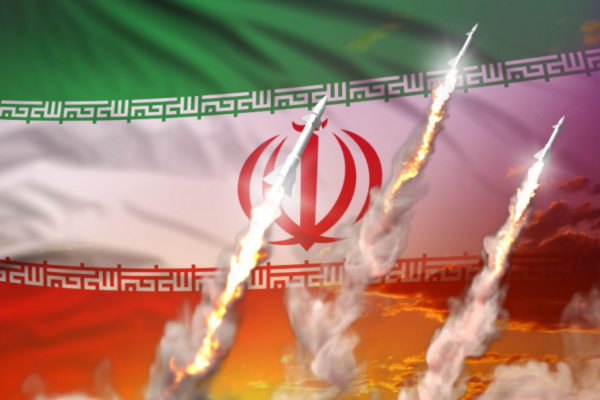Why New York Times piece presents the Iranian regime as a victim of Israeli aggression is simply baffling.
By Rachel O’Donoghue, The Algemeiner
A recent New York Times article opens with what could almost be described as a lamentation inviting sympathy from readers:
For years, Iran’s standing as a Mideast power has been battered on a number of fronts.
Detailing these power-diminishing forces, journalists Farnaz Fassihi and Vivian Yee refer to Israel’s fostering of new relationships with Arab neighbors and the closing down of financial channels by Gulf states that had allowed Iran to evade economically ruinous sanctions in response to its nuclear program.
If Fassihi and Lee had wanted to avoid the commiserative tone they somehow struck, they might have made it clear that the Islamic Republic’s declining influence in the region is its own responsibility and not that of Israel or several Gulf states.
For example, they could have noted that Iran’s popularity has suffered as a result of its own genocidal goals, including its frequent threats to annihilate Israel, as well as its establishment and ongoing funding of numerous terrorist proxies in the Middle East.
Later in the piece, which is ostensibly an analysis of the impact of Iran’s recent normalization deal with Saudi Arabia, subtle criticism of Israel is weaved in:
The growing presence of Israel, which has engaged in a campaign of assassination and sabotage of sensitive sites in Iran, in such proximity to its borders has rattled the Iranian authorities, and Tehran has threatened retaliation if Israel uses the region as a launching pad for intelligence gathering or covert attacks on Iran. Israel, for its part, has long considered Iran and its nuclear program as an existential threat, viewing Saudi Arabia as a potential partner.
Why Fassihi and Lee have chosen to present the Iranian regime as a victim of Israeli aggression is simply baffling.
Who are these victims of Israel’s “campaign of assassination” and what are these so-called “sensitive sites” that have been repeatedly targeted?
The Times fails to tell readers that Israel’s assassinations have targeted individuals such as Mohsen Fakhrizadeh, the former chief of Iran’s nuclear program, who was in charge of the project to construct a nuclear bomb.
And the euphemistically-labeled “sensitive sites”? They are none other than nuclear facilities where Tehran is hellbent on enriching enough uranium to eventually threaten Israel with atomic weapons.
Lastly, the Times could have delved into why Jerusalem considers Iran’s nuclear program an “existential threat” — perhaps by referencing footage from Iran’s state broadcaster that shows Tel Aviv being obliterated by nukes.
Much of the article is simultaneously in awe of Iran for striking the Saudi deal and strangely sympathetic toward it.
One question: why?
The author is a contributor to HonestReporting, a Jerusalem-based media watchdog with a focus on antisemitism and anti-Israel bias — where a version of this article first appeared.
